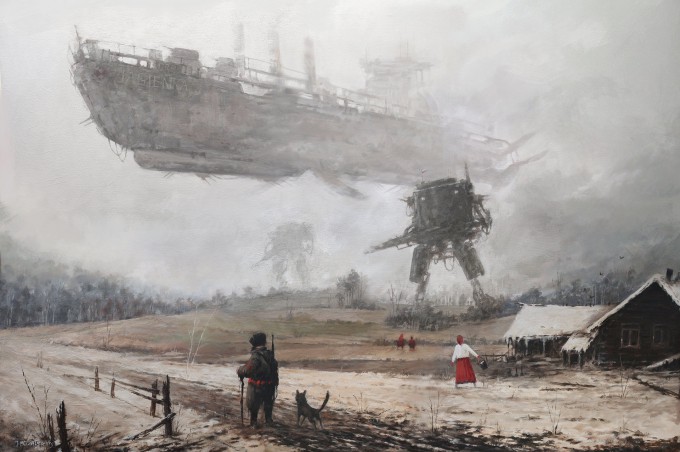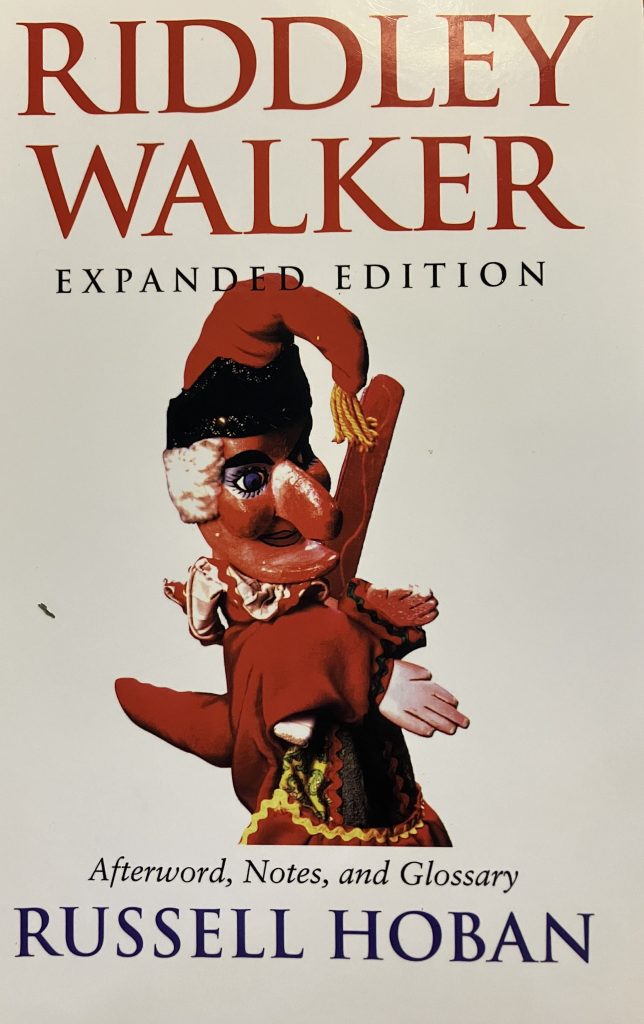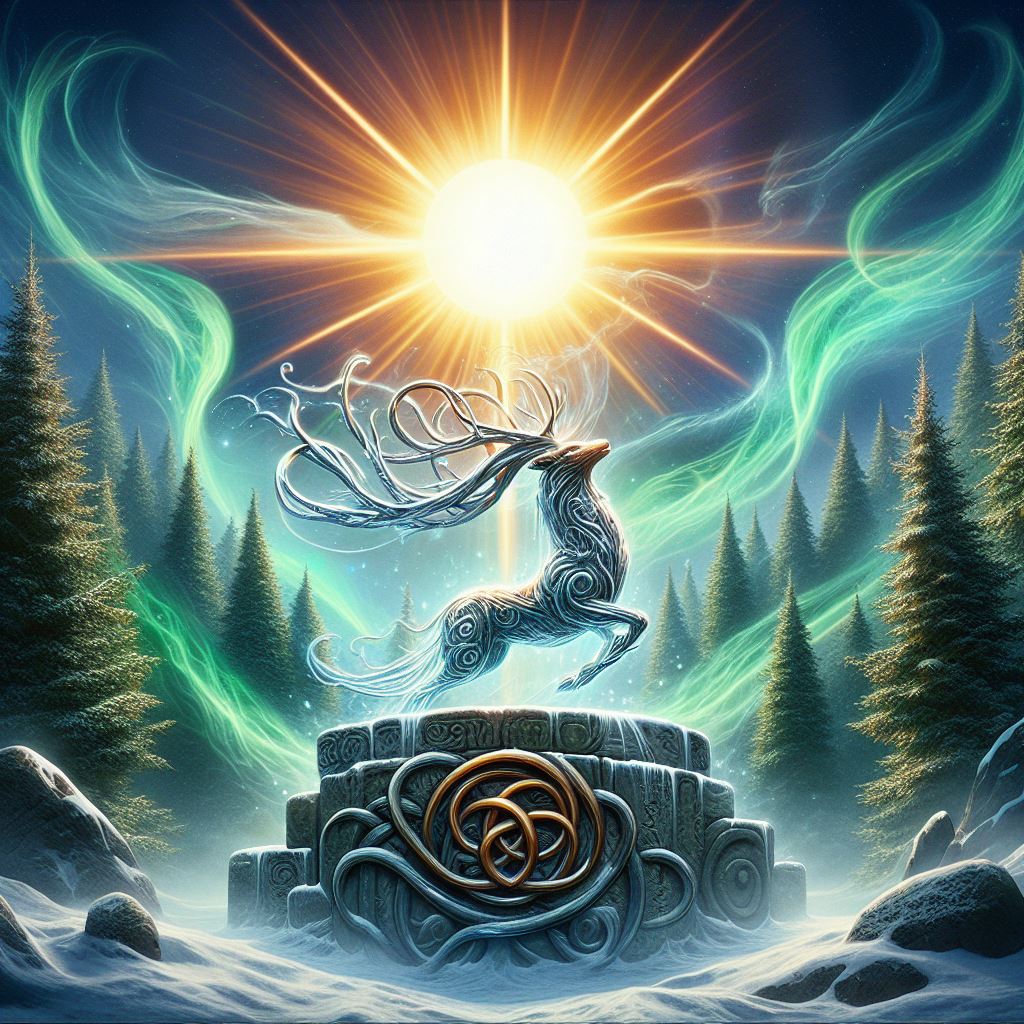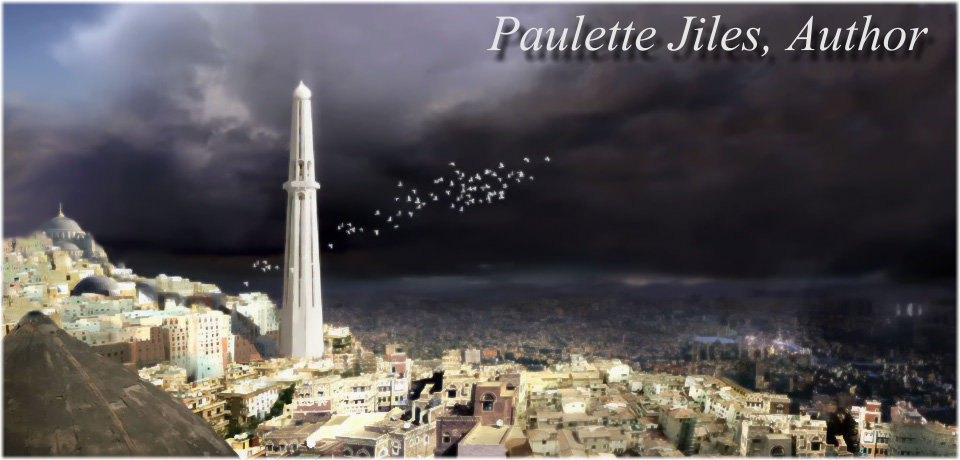
Working on my far-in-some-undefined-time-in-the-future book, wherein the population has declined by about 85%, and villages are full of coping folk and a race of hominids with edgy mohawk hairdos and psychic ambitions lurk about generating mayhem. Those suspected of suffering from the wasting disease are triaged out to the woods to expire in their own good time. But otherwise life is good! There is whiskey, bread, singing unenhanced and no radio contact with anybody. The world is full of bogles; LLorona crying for her lost children, Beulah Queen of the Night, Gentleman Jack, and the dancing holograms.
So have been reading other far-future after-the-collapse works, to see what others’ imaginations have generated and so re-read Riddley Walker. First published in 1980.

It’s still as engaging as when I read it twenty years ago in the sense that it initially captures one’s attention, this strange world and its future-English dialect, if you ignore some glaring implausibilities. And it is one of the few works of the imagination which takes place in a rural world. And it is written from the point of view of one of the rural characters. It seems like every contemporary novel, no matter the genre, places its characters in an urban, affluent setting — managerial, with cool clothes and socially competitive companions. There’s an industrial-level production of these novels.
But alas, we stop believing in this far-future world because the main character loses his energy, which is what carried one past the totally improbable stuff in the first place. He goes into an unfueled drift. And, oddly, so does everybody else. By the end you’re saying , ‘No, nope, uh-uh.’
The characters seem to be urban proles rather than rural, more on the order of Clockwork Orange. Not Iron-Age villagers. These are people from a city street culture. They just don’t behave in tribal or village ways. Riddley is 12 years old, sees his father killed in an accident and upon his return to the tribal center/home/fortress thingie he has sex with an old woman, the mystic lady, mistress of witcheries, and then they lay around and get high. On something like hash. Never thinks much about his just-killed dead father. You have to remember he was 12 years old. She sounds like she was about 60. Okay.
The people all have two-syllable names that sound ‘village-y’ or ‘working-class’ and it gets repetitive. CHAL-ker MARCH-man and SKY-way MOAT-ers and STRAIT-er EM-py and LEAST-er DIG-man and on and on. There are no strong, intelligent men, almost no women at all, and nobody ever succeeds at anything — all is dismal, all is failure. This is a literary style or sort of fashion that has grown old and stale but it seems writers can’t find their way out of it, or what the fashion alternative might be.
It seems in this far-distant future, all people want is the wonderful consumer objects that the old people had. Mainly electronics. ‘Pictures on the wind’.
Then, the author makes the common and mistaken assumption that the simpler the society, the simpler the language. So this ‘English’ is very broken and unvaried, bald, dull. But all languages that are pre-literate, pre-bookish, pre-alphabet are incredibly complex. The Australian aborigines, who led one of the world’s simplest life-styles, have/had one of the world’s most complex languages. In the two thousand years without reading matter (or radio/tv) English would have changed into something very elaborate. I know this out of my attempts to learn Ojibway, which has not been literate long enough to change the original linguistic structure.
The literate languages Spanish and French were far and away easier for me to learn. Also, English would have changed, in two thousand years, to something unrecognizable anyway. Think of what English was like two thousand years in the past. There wasn’t any English. Maybe Common Germanic.
But that is all nit-picking I suppose, and I remain with the attitudes, relationships, motivations etc. of the supposedly tribal characters in the story and not only with this work but many sci-fi/fantasy far-future novels. The people all appear culturally very urban. There is the matter of the extended family —- they don’t seem to have any. No aunts uncles or cousins. In a group as small as Riddley’s, one would have been related to everybody, including Lorna the mystic tell-woman. That’s why there is this thing called exogamy.
So many villages in this novel seem to be named after private parts. There’s Horny Boy and Bernt Arse and Monkey’s Hoar Town and Bollock Stoans and Nelly’s Bum river.
But the really off-putting thing is, as in most modern literary novels, the protagonist begins to malfunction about two-thirds of the way through. They lose all forward motion. They adhere to whoever passes by as a means of psychological locomotion.
The best character is the ephemeral Stag in the Hart of the Wud. But he only gets a few lines. His curling horns are like the Deer Stones of the Cimmerians, joyful and exultant.

